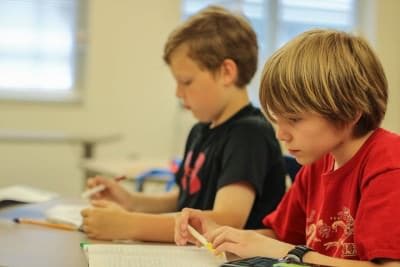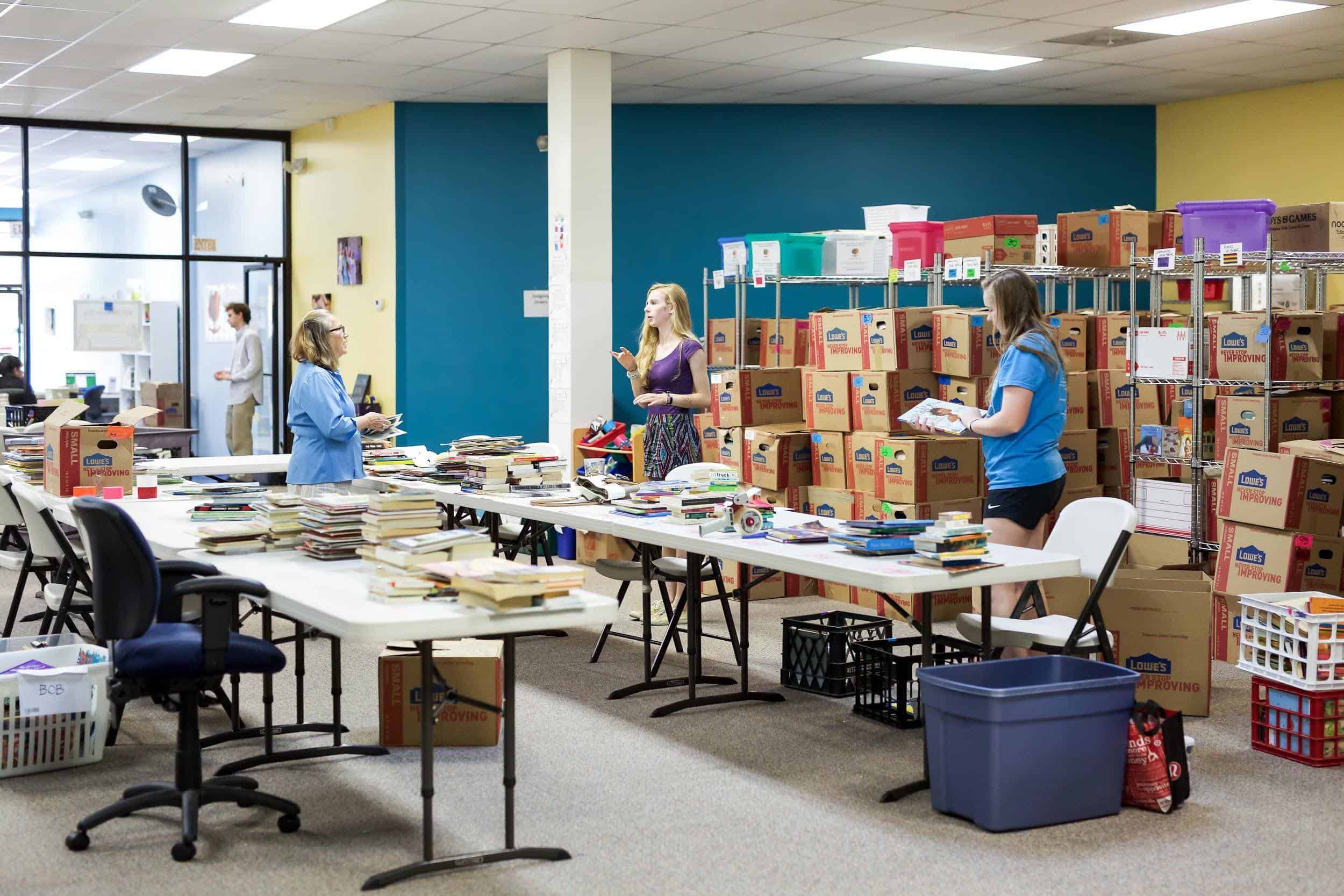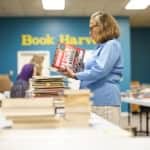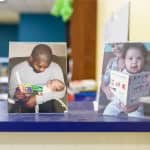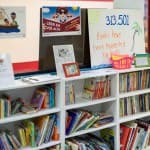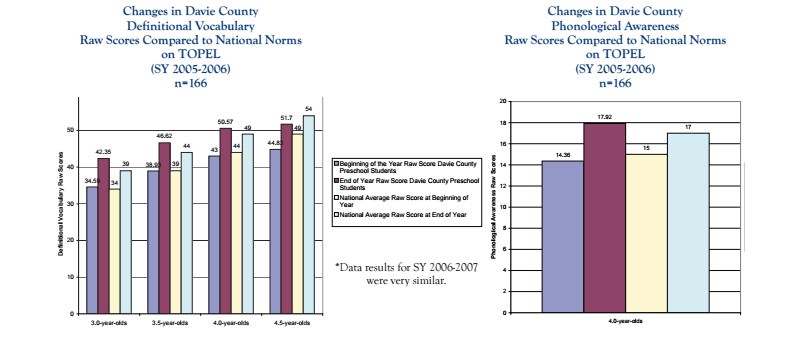Editor’s Note: This article was updated at 1:30pm EST to reflect a correction to the statistic on students reading below grade level.
Reading and writing are arguably the most important tools for a person to have. These basic skills are needed to take any class, or to go into any profession, and yet 54.3 percent of third through eighth grade students in the state are reading below grade level. This startling gap in knowledge has led professionals across North Carolina to look at how we can put students on a course to higher literacy proficiencies. Different programs take different approaches to solve the problem, and each strive to give students the chance to build skills that will impact the rest of their lives.
The Teachers
10 years ago the Hill Center created HELP, or the Hill Early Literacy Program, focusing on providing the tools for instructors to implement skills necessary for becoming a strong reader. After extensive research, the Hill Center was able to build a curriculum for three- to four-year-old students that acts as an early intervention system, particularly for poorer students who are not exposed to as rich of a vocabulary at home.The HELP curriculum is centered around five opportunities needed for the mastery of reading:
To build spoken language by talking and listening
To recognize print in books
To manipulate to sounds of spoken language, or phonological awareness
To learn about the letters of the alphabet
To experience books by reading aloud and engaging in conversation about the books
In 2005, HELP went into Davie County Schools, with the help of the Mebane Charitable Foundation, providing 11 child care programs and 73 professionals with lesson plans, materials, and professional development to ensure a strong foundation of critical literary skills. The students enrolled in HELP saw significant increases in their early reading skills, improving at or above the rate expected for children their age.
The findings from the original project were so promising the Hill Early Literacy Program has expanded its grant driven work with other teachers and providers across the state. Most recently they have worked with Beaufort County schools to train 30 kindergarten teachers. The program will also be going into Winston-Salem schools this fall to aid 25-30 pre-K teachers, kindergarten teachers, and media specialists.
The Hill Center’s Director of Outreach Dr. Denise Morton emphasized the need for this program across different parts of the state, stating,
“The poorer the children, the poorer the vocabulary.”
“By the time they are three or four they have a gap of about 3 million words less than the children of an affluent family, simply because of the vocabulary that the parents use. Early intervention is extremely important, as it gives these kids a formal setting to gain these skills,” she said.
The Kids
Putting these new literacy skills into practice seems easy enough, but thousands of low income students don’t have ready access to books and other reading materials. Here’s where Book Harvest comes in with several different programs targeting specific needs. Book Harvest has been able to aid student’s growth in literacy and their love for reading.
Book Harvest starts early. Book Babies, launched in 2013, gives Medicaid-eligible families in Durham the tools to build home libraries. The children enrolled in Book Babies receive 10 books every six months from birth until the start of kindergarten. Not only will these children have 120 of their very own books by the time they start school, but they are also exposed to helpful literary skills and tactics through home visits. Book Baby home visitors walk parents through activities and strategies that will help guide their child’s development. Book Harvest is in continuous contact with the parents. Rachel Stine, Book Harvest’s Partnerships Manager, added, “Every month we also send out a text message that talks about things that you can be doing with your baby, like pointing out words the start with the sh sound, or playing at bath-time and singing. They are just easy and very concrete tasks that families can be doing to not only build those literacy skills, but to also promote bonding.” Book Babies families are also invited to join a twice-yearly celebration at the Stanford L. Warren Library in Durham, giving them a chance to sign up for library cards in a welcoming environment.
While Book Babies gives economically disadvantaged kids a head start before school begins, it does not solve the problem that arises once summer rolls around. When students lack access to books over the summer, they often come back to school having lost reading ability. This can widen the achievement gap by up to three years of reading loss by the time the students reach fifth grade. This is where Books on Break comes in. By sending students home with 10 self-selected books over the summer, it lessens the chance of learning loss in lower income children.
The Results
While both of these programs are relatively new, they are already showing promising results. By hitting both ends of the widening achievement gap head on, students at risk of being below level in reading are getting the opportunity to do the opposite. Through the pushing of critical literacy skills at an early age, children are getting prepared not only for more advanced reading, but also for the ability to learn and communicate better, both in and out of school.
Recommended reading

